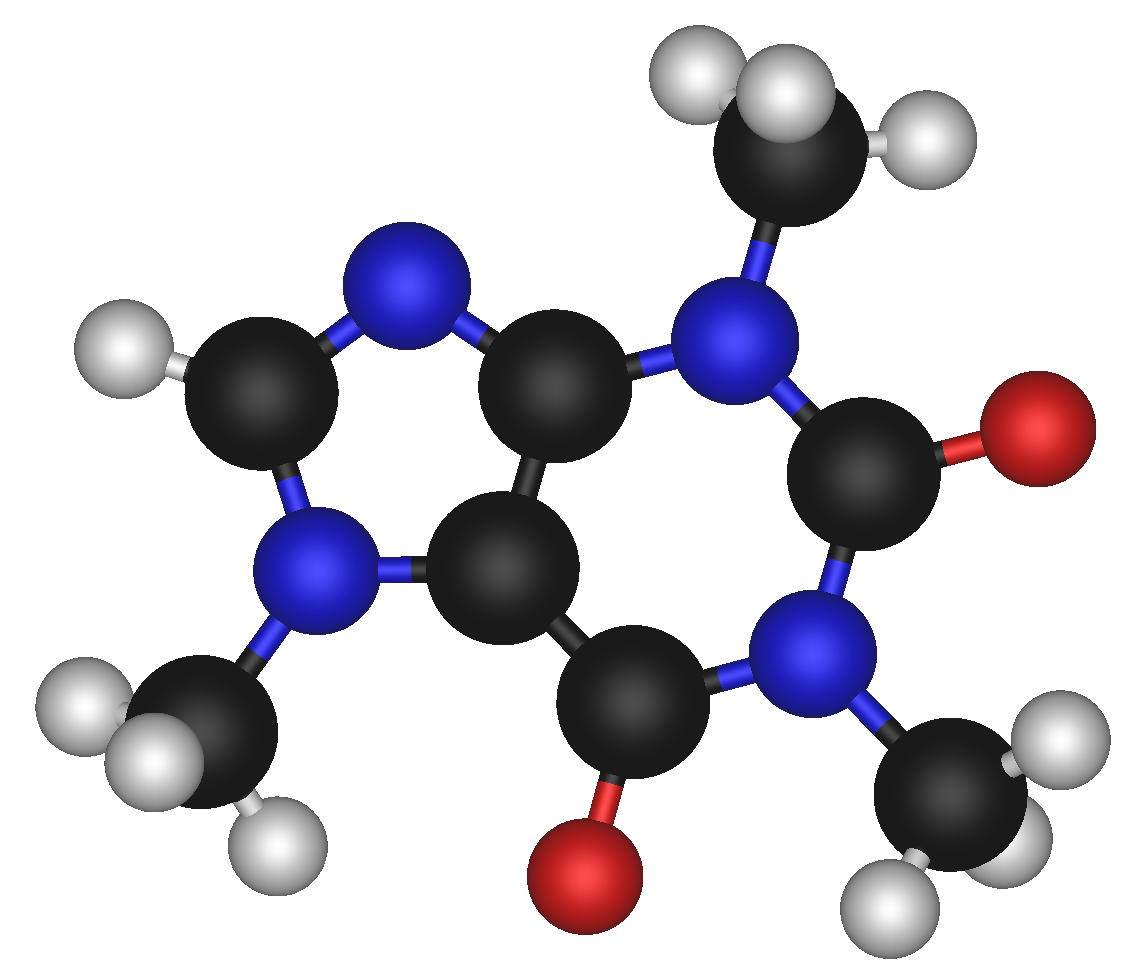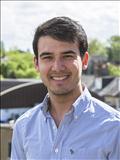
Derrick Roberts named finalist in 2017 Reaxys Prize for innovation in Chemistry.
A Gates Cambridge Scholar has been named a finalist in the prestigious 2017 Reaxys PhD Prize for Chemistry.
Derrick Roberts [2012] was among 45 scientists selected for the Prize which recognises young chemists conducting original and innovative research in organic, organometallic and inorganic chemistry.
Some 550 chemists from around the globe applied from the prize.
Derrick’s entry was based on his PhD in Chemistry for which he received the Gates Cambridge Scholarship. His article focused on tiny molecule-sized cages (roughly 80,000 times smaller than the width of a human hair) are becoming increasingly useful for performing industrially-useful chemical reactions and for trapping dangerous and highly reactive substances. It described a new method for modifying the framework of a molecular cage using simple, fast and modular "post-assembly modification" reactions.
Derrick says: “Post-assembly modification reactions are performed after the cage is formed, rather than before – analogous to renovating a house to suit a new homeowner rather than building a new house altogether. These modification reactions are useful because they can change how the cages behave and what kinds of molecules they can trap. Our work therefore contributes a new method for tailoring molecule-sized cages to new applications in medicinal, materials and synthetic chemistry."
Derrick, who is now a Marie Curie Postdoctoral Fellow at the Karolinska Institutet in Stockholm, has been invited to present his research at the Prize Symposium that will be held in Shanghai in October. Three winners will be chosen based on the originality, innovation, relevance and methodological rigour of their presented work.
The selection process involved more than 100 international chemists from academia and industry.
Derrick also recently received an honourable mention for the 2017 Solvay-IUPAC PhD Prize.
Picture credit: Wikimedia Commons

Derrick Roberts
- Alumni
- Australia
- 2012 PhD Chemistry
- Trinity College
I was born in Singapore in 1988 and was raised in Sydney, Australia. From 2007–2010, I undertook a BSc. (Adv) Hons. at the University of Sydney, Australia, for which I was awarded first class honours and the University Medal in Physical/Organic Chemistry. In 2012 I obtained an MSc. in polymer chemistry from Sydney University under the supervision of Professors Sebastien Perrier and Maxwell J. Crossley. From 2013 to 2016, I was awarded a Gates Cambridge Scholarship to undertake PhD studies under Professor Jonathan Nitschke at the University of Cambridge. My PhD thesis explored the covalent post-assembly modification of metallosupramolecular architectures.
From February 2017-2019, I undertook a Marie Curie Postdoctoral Fellowship in the Stevens Group at the Karolinska Institute, Sweden. My work focused on the preparation of stimuli-responsive synthetic biomaterials for accelerating the healing of chronic skin wounds.
From June 2019, I will join the faculty at the University of Sydney's school of chemistry as a Discovery Early Career Research Award Fellow, funded by the Australian Research Council. My work will focus on stimuli-responsive self-assembled polymers.
Previous Education
University of Sydney MSc., Polymer Chemistry 2012
University of Sydney BSc. Adv (Hons 1M), Physical–Organic Chemistry 2010












